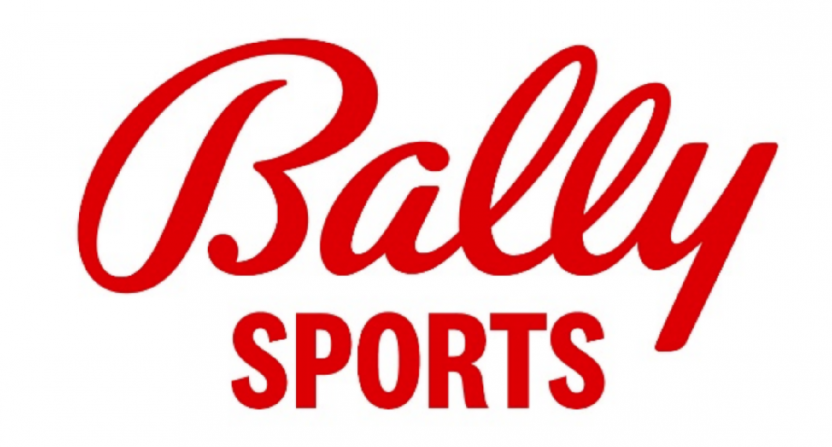It’s not necessarily that the Diamond Sports Group wants to completely cut ties with the Arizona Diamondbacks, Cleveland Guardians, and Minnesota Twins – the company just wants to pay the three teams less money.
Diamond said as much during a motion this week. Per The Athletic, Diamond claims that it needs to restructure the three teams’ contracts and lower their annual payments. This is because the contracts were signed when the amount of cable households was higher, before cord-cutting ramped up.
Diamond does not dispute it has the money to pay the tens of millions of dollars it owes the three teams, but argues bankruptcy law allows it to restructure the contracts to better reflect market value. When Diamond signed many of the team deals, it was before the accelerated pace of cord-cutting, a trend that helped land the company in bankruptcy court.
Diamond is arguing it should be allowed to rip up the contracts and rewrite them to reflect the lower number of cable subscribers now versus when the deals were originally inked.
MLB seemed astounded at this line of thinking.
“Only after defaulting on their payment obligations do the debtors even raise the fanciful argument that they can choose to not pay the agreed upon contractual rate,” MLB argued in its recent court filing. “The debtors are coming up with any and all reasons they can to delay such payment, including by asking the court to take the extraordinary measure of rewriting the terms of agreements that were freely negotiated and entered into.”
The league also called out Diamond still airing Guardians and Twins games, despite not paying them earlier this month.
“What is extraordinary is that the debtor RSNs (Regional Sports Networks) continue to broadcast Twins and Guardians games with zero payment,” MLB and the Twins and Guardians wrote in a motion filed Tuesday (debtors refers to Diamond and its 19 regional sports channels, which all filed Chapter 11 last month). “What is extraordinary is that the debtor RSNs now, for the first time … allege that they have some ‘right’ to pay less than the contract rate for those games. This is not the law.”
MLB claims the rights payments “are critical to the operations of” Cleveland and Minnesota while Diamond says that, because the two-week grace period has yet to expire, “the clubs’ argument for needed cash flow “conclusory.””
The two sides also haven’t agreed on a plan for the past due rights fees. Diamond wants to put the money into escrow. MLB wants the teams to be paid now, with potential refunds if contracts are restructured.
Diamond had proposed putting the money into escrow, but MLB countered with the idea of getting paid everything now with the possibility of givebacks.
In a not-so-subtle swipe at Diamond’s financial condition, MLB wrote, “Major League Baseball and its clubs are not going anywhere. Unfortunately, the same cannot be said for the debtors.”
Diamond owes the Diamondbacks $30.8 million (which would cover roughly a quarter of their 2023 player payroll) per the Chapter 11 filing, and while the exact amounts owed to the Guardians and Twins have not been divulged, the teams are reportedly paid $55 million and $42 million annually. The Guardians have a player payroll of $89 million this season, while the Twins’ player payroll sits at a franchise-record $153 million.
I actually do have a tiny bit of sympathy for Diamond. Many of these contracts were signed years upon years ago, in not just a stronger cable environment, not just a pre-pandemic environment, but when the RSNs were owned by a completely different company. The new Diamondbacks deal was announced back in 2015. In those years, not only did Fox still own and operate those RSNs, but in-market streaming (which lets fans stream games with a cable login, something we take as gospel these days) was a big sticking point on rights deals. Of course the contracts haven’t aged well!
With that being said, Diamond still inherited those contracts from Fox when Sinclair purchased the RSNs back in 2019. They knew what they were getting themselves into. And while the company couldn’t have seen the pandemic and its fallout coming, cord cutting had already started four years ago. This trend didn’t completely come out of nowhere over the last year or two.







